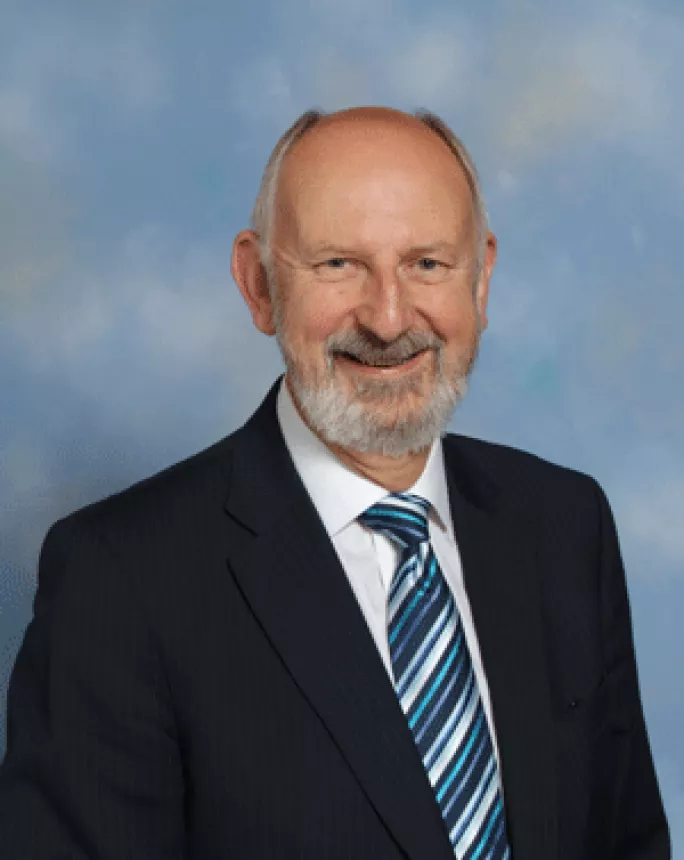‘The biggest prize for the pupil premium is to close the attainment gap’
Sir John Dunford, national pupil premium champion, writes:
Closing the gap between the achievement of disadvantaged pupils and others is the biggest challenge faced by our generation of teachers and school leaders.
The persistent gap in the UK, which is wider than in most other countries and has existed for generations, is commonly attributed to our class-based society, with its greater inequalities than, say, those in Scandinavian countries or the tiger economies of the Far East. Tough as it is, schools are already making great strides, but there is much more to be done to meet this challenge.
The 2015 Pupil Premium Awards will recognise the importance of this challenge by rewarding the work of up to 500 schools across England in helping the most disadvantaged young people.
The awards give schools a chance to showcase the innovative and effective ways they are using pupil premium funding to successfully narrow this attainment gap.
Teachers and school leaders are increasingly refusing to accept the inevitability of the size of the gap, which is currently 19 percentage points at age 11 and grows to 27 percentage points at age 16. Just 60 per cent of 11-year-olds on free school meals reach level 4 in reading, writing and maths, compared with 79 per cent of others, while the comparable figures for 16-year-olds getting 5 GCSE passes (including English and maths) at grade C and above are 38 and 65 per cent.
Big differences exist between regions and between different schools, and there are 17 per cent of schools where the attainment of free school meals children is above the national average for all young people.
Nationally, there has been a steady rise in recent years in the attainment of young people on free school meals, yet the gap has narrowed only very slowly. With public expenditure likely to face increased scrutiny in 2015, it is imperative that schools, individually and as a whole, can demonstrate that the £2.5 billion per year now being put into pupil premium funding by the government is making a difference.
Using the pupil premium effectively to narrow the gap is the starting point for succeeding in this challenge. The government is giving schools autonomy in this area and it is for schools to decide what to spend the pupil premium money on.
There is plenty of evidence about what works, especially in the Education Endowment Foundation toolkit and on the websites of schools where the gap is small or non-existent, such as the winners of the Pupil Premium Awards of 2013 and 2014.
Pupil premium funding is about making sure that disadvantaged children aren’t held back by their background. Too many children do not achieve the qualifications they need to improve their life chances and as a consequence the chances of their children and their children’s children.
Most teachers are by nature optimists and believe that this cycle can be broken. Every day I hear about schools that are making a huge difference to the lives of disadvantaged children. The Pupil Premium Awards aim to highlight the work of these schools and to enable the dissemination of their excellent practice to schools across the country.
Common factors among the 2014 winners are the way in which they rigorously monitor the progress of disadvantaged pupils and then act immediately to put in place support for those who are slipping. The use of high quality feedback to pupils on their learning by teachers and classroom assistants who have been trained in depth on how to do this most effectively. The work done with parents of disadvantaged pupils to ensure that they are engaged in their children’s learning. And, underpinning the use of all these evidence-based policies, a no-excuses culture in the school that means that every member of staff believes in the potential of every pupil to succeed and knows how to act on this belief.
As a judge of the Pupil Premium Awards I have been inspired by accounts of what schools are doing to improve children’s life chances. These awards help us all to learn about what successful schools are doing and to share in their knowledge and experience.
In 2015 the awards are changing, and up to 500 schools that have made the most progress in closing the gap between disadvantaged pupils and their peers could win a prize. The prizes have been increased in 2015, with £250,000 for the best secondary and £100,000 for the best primary and special schools, plus many major regional prizes which recognise the excellent work of schools up and down the country.
The rewards reflect the scale and importance of what schools are doing to improve outcomes for some of our most vulnerable children. The biggest prize will be if our generation of teachers can succeed where previous generations have failed to close the gap between rich and poor and it is the award winners who are showing that this can be done.
...............................................................................................................................
To find out more about the Pupil Premium Awards and to see if you can win visit: www.pupilpremiumawards.co.uk
To find out more about evidence-based policies in the Education Endowment Foundation’s toolkit, visit www.educationendowmentfoundation.org.uk/toolkit/
To find out what Pupil Premium Awards winners are doing in their schools, visit www.pupilpremiumawards.co.uk/ppawards2015/winners
Keep reading for just £1 per month
You've reached your limit of free articles this month. Subscribe for £1 per month for three months and get:
- Unlimited access to all Tes magazine content
- Exclusive subscriber-only stories
- Award-winning email newsletters




